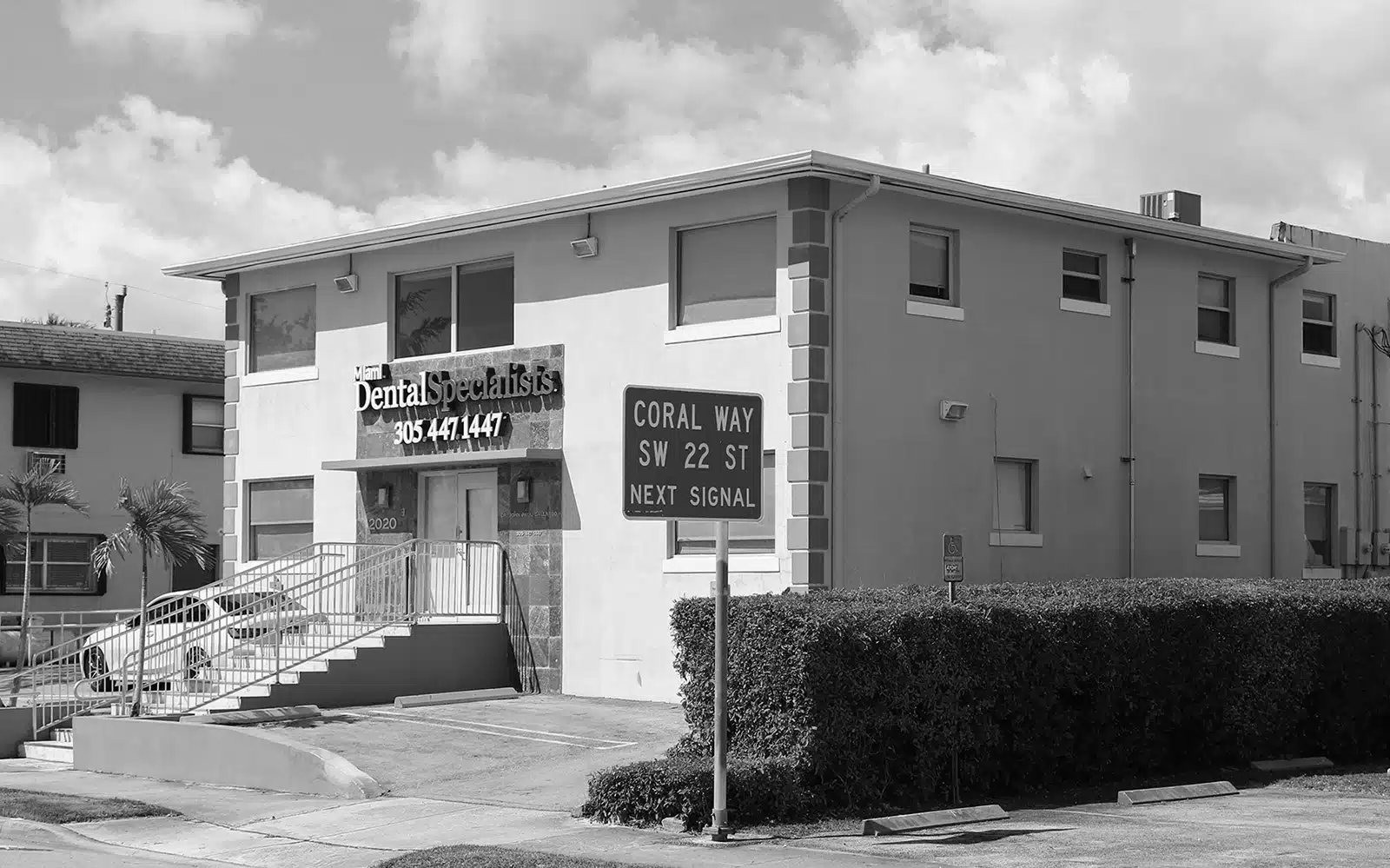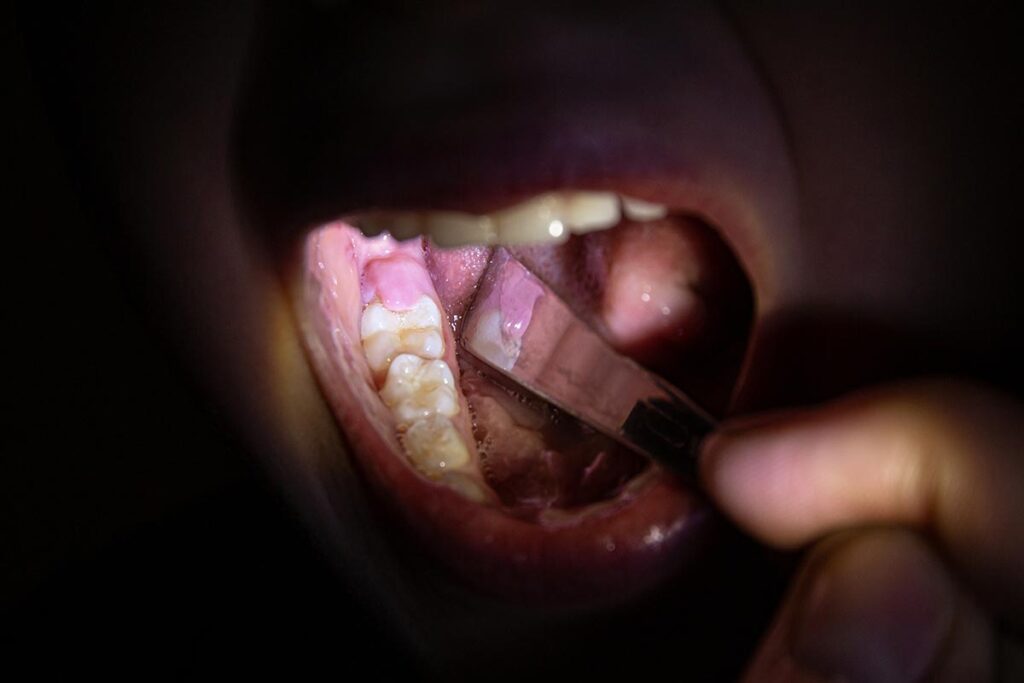
Have you noticed pain, swelling, or a bad taste in the back of your mouth near a wisdom tooth? You might be dealing with a common but often misunderstood dental condition called pericoronitis. Though it may sound minor, this issue can quickly escalate without the proper care.
Understanding what pericoronitis is and how to treat it can save you from unnecessary discomfort—and possibly more serious complications. In this article, we’ll break down everything you need to know, from causes and symptoms to treatment options and expert advice.
What is Pericoronitis?
Pericoronitis is a painful inflammatory condition that typically occurs around a partially erupted wisdom tooth, most often in the lower jaw. It develops when bacteria and food particles become trapped under the gum flap (operculum) that covers part of the tooth. This can lead to swelling, infection, and even difficulty opening the mouth or swallowing. While it may begin as a minor irritation, untreated pericoronitis can lead to serious complications like abscesses or the spread of infection to other parts of the body.
Understanding this condition is key to recognizing it early and managing it effectively. In the following sections, we’ll explore what pericoronitis looks like, why it occurs, and what steps you can take to treat and prevent it.
What does pericoronitis look like?
Pericoronitis typically presents as red, swollen gum tissue surrounding a partially erupted wisdom tooth. The area may appear inflamed and tender to the touch, and pus or discharge can sometimes be observed if an infection is present. In more severe cases, swelling may extend to the cheek or jaw, and the patient might experience difficulty opening their mouth (trismus).
Beyond the physical appearance, pericoronitis can significantly impact quality of life. Patients often report persistent pain, a foul taste or odor due to trapped debris and infection, and challenges with eating, speaking, or maintaining oral hygiene. These symptoms can interfere with daily activities, making timely diagnosis and treatment essential for restoring comfort and function.
What are the Causes of Pericoronitis?
There are several contributing factors that increase the likelihood of developing pericoronitis. Understanding these causes is essential for both prevention and proper treatment. Below are the most common reasons this condition develops:
- Partially Erupted Wisdom Teeth: The most frequent cause of pericoronitis is a wisdom tooth that breaks through the gum only partially, creating a flap of gum tissue where bacteria and food particles can easily accumulate.
- Poor Oral Hygiene: Inadequate brushing and flossing, especially around hard-to-reach wisdom teeth, can allow plaque and bacteria to build up, increasing the risk of infection.
- Food Impaction: When food gets lodged under the gum flap covering a partially erupted tooth, it creates a perfect environment for bacterial growth and inflammation.
- Excessive Stress or Illness: A weakened immune system due to stress or illness can reduce the body’s ability to fight off infection, making it easier for pericoronitis to develop.
- Trauma from Opposing Teeth: The upper molars may bite down on the swollen gum tissue over a lower wisdom tooth, worsening inflammation and causing further injury to the area.
Symptoms of Pericoronitis and Diagnosis
Recognizing the symptoms of pericoronitis early can help prevent the condition from progressing into a more serious infection. While some signs may seem mild at first, they often worsen quickly if left untreated. Below are the most common symptoms and diagnostic indicators dentists look for:
- Pain and Swelling: Localized pain around the affected tooth is one of the first signs, often accompanied by gum swelling that can make chewing or biting uncomfortable.
- Red or Inflamed Gums: The tissue near the partially erupted tooth may appear red, tender, and swollen due to infection and inflammation.
- Pus Discharge: In cases of infection, pus or a foul-tasting fluid may be present around the affected tooth or gum area.
- Limited Mouth Opening: Trismus, or difficulty opening the mouth fully, can occur as the inflammation spreads to the jaw muscles.
- Fever and Malaise: Systemic symptoms like fever, fatigue, or swollen lymph nodes under the jaw may indicate the infection is spreading.
- Bad Breath or Unpleasant Taste: Accumulated bacteria and food debris can cause halitosis or a persistent bad taste in the mouth.
Pericoronitis Risks and Complications if Left Untreated
Ignoring pericoronitis can have serious consequences, especially if the infection is allowed to persist or spread. While some complications may be relatively minor, others can pose significant risks to overall health. Here’s a breakdown of what can happen if pericoronitis is not treated, organized from less severe to most critical:
- Persistent Discomfort: Ongoing pain, swelling, and difficulty eating or speaking can interfere with daily life and reduce overall well-being.
- Recurring Infections: Without proper treatment, pericoronitis can become a chronic issue, flaring up repeatedly and requiring more aggressive interventions each time.
- Tooth and Gum Damage: Prolonged inflammation can lead to damage of the surrounding gum tissue or even the adjacent teeth, increasing the risk of periodontal disease.
- Abscess Formation: In severe cases, the infection can lead to the formation of a painful abscess—a pocket of pus that may require surgical drainage.
- Spread of Infection: If left completely unchecked, the infection can spread beyond the mouth into the neck or bloodstream, leading to potentially life-threatening conditions such as cellulitis or sepsis.

Pericoronitis Treatment Options
Pericoronitis can range from mild to severe, so treatment approaches vary based on the condition’s intensity. Below are the most common options for addressing pericoronitis.
Initial Management and Home Remedies
When pericoronitis is caught early and the symptoms are still mild, initial management techniques can provide relief and help prevent the condition from worsening. These conservative measures focus on controlling infection, reducing inflammation, and improving oral hygiene until more definitive treatment is decided.
- Professional Cleaning and Flushing: Dentists may use a saline or antiseptic solution to thoroughly irrigate the area around the affected tooth, helping remove trapped debris, bacteria, and food particles.
- Antibiotic Therapy: If the infection is significant or there’s a risk of it spreading, oral antibiotics may be prescribed to help the body fight the infection and reduce inflammation.
- Pain Management: Over-the-counter medications like ibuprofen or acetaminophen can help manage pain and reduce swelling. In some cases, stronger prescription options may be provided for short-term relief.
- Antibacterial Mouthwash: To support healing and prevent further bacterial buildup, your dentist may recommend using an antimicrobial rinse, such as chlorhexidine, as part of your daily oral care routine.
Operculum Removal
In cases where pericoronitis becomes recurrent or doesn’t respond to conservative treatment, removing the operculum—the flap of gum tissue partially covering the tooth—may be recommended. This minor surgical procedure, known as an operculectomy, eliminates the space where food and bacteria tend to collect.
The removal is typically performed under local anesthesia and involves trimming away the excess gum tissue with a scalpel, laser, or electrocautery tool. Healing is usually quick, and many patients experience immediate relief from their symptoms. By eliminating the operculum, the area becomes easier to clean, reducing the risk of future infection while preserving the tooth.
Wisdom Tooth Extraction
When pericoronitis is severe, recurrent, or causes repeated infections, extracting the problematic wisdom tooth may be the most effective long-term solution. This procedure eliminates the root cause of the inflammation—the impacted or partially erupted tooth.
Tooth extraction is typically performed under local anesthesia or IV sedation, depending on the complexity of the case and the patient’s comfort level. While some post-operative discomfort is normal, most patients find relief soon after the extraction, with symptoms of pericoronitis subsiding as the area heals. Removing the wisdom tooth prevents future episodes and can significantly improve overall oral health.
Choosing the Best Dentist for Pericoronitis
When it comes to treating pericoronitis, choosing the right dental professional makes all the difference. Infections near the wisdom teeth can become severe if misdiagnosed or improperly treated, which is why it’s crucial to rely on someone with extensive experience in periodontal conditions. A seasoned specialist will not only relieve the current inflammation but also address the underlying causes to prevent future issues.
With over 25 years of experience, Dr. John Paul Gallardo stands at the forefront of periodontics in South Florida. Known for his precision and patient-first approach, Dr. Gallardo uses cutting-edge technology to deliver long-lasting results with minimal discomfort. At Gallardo Periodontics and Implant Dentistry, your comfort and safety are paramount. Call us today at 305-447-1447 or visit our contact page to schedule your consultation.
Frequently Asked Questions
Is pericoronitis dangerous?
While pericoronitis may begin as a mild irritation, it can become dangerous if left untreated. The infection can spread beyond the gums to the jaw, neck, or even the bloodstream, potentially leading to serious health issues like cellulitis or sepsis. Prompt treatment is essential to avoid complications.
Is pericoronitis contagious?
No, pericoronitis is not contagious. It is a localized infection that occurs around a partially erupted wisdom tooth, typically due to trapped food and bacteria. While the bacteria involved are naturally present in the mouth, the condition itself cannot be passed from one person to another.
How long does pericoronitis last?
The duration of pericoronitis depends on the severity of the infection and how quickly treatment is initiated. With prompt professional care and proper oral hygiene, mild cases can resolve in a few days, while more serious or recurrent cases may take one to two weeks to fully heal.
What does pericoronitis feel like?
Pericoronitis often feels like a dull, throbbing pain near a partially erupted wisdom tooth, typically in the lower jaw. The discomfort may worsen when chewing or touching the affected area. Patients frequently experience a swollen or tender gum, a bad taste in the mouth, and, in more serious cases, difficulty opening their mouth fully.


